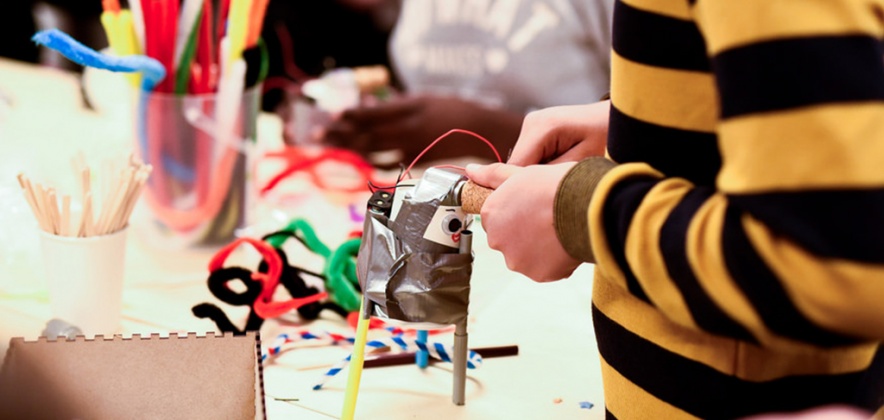
Abstract
Maker Education is a cultural movement that is spreading in the educational field and that can offer significant opportunities to students in conditions of social, economic and cultural disadvantage. However, embracing the maker education movement and spreading this approach in schools and centres in the suburbs may not be enough to be able to tackle educational poverty and reduce the risk of early school leaving. The uncritical and non-pedagogically founded adoption of this approach in the school setting can even exacerbate inequalities and exacerbate discrimination, depriving children and young people of an opportunity that could be seized and valued differently. In this essay, we intend to outline a reference framework, which refers to the principles that can guide the implementation of initiatives related to Maker Education, imprinting them on equity and on the enhancement of the talents of students at risk.
 Classified "A" by ANVUR in the fields 11/D1, 11/D2 Scientific in the field 14.
Classified "A" by ANVUR in the fields 11/D1, 11/D2 Scientific in the field 14.

